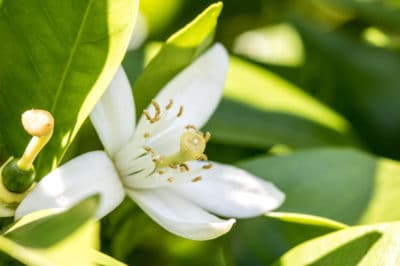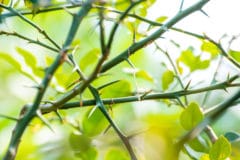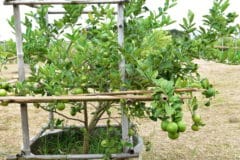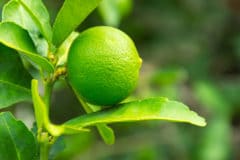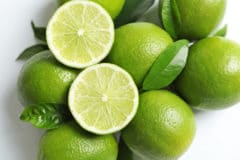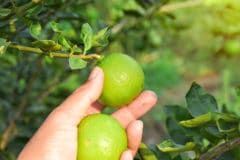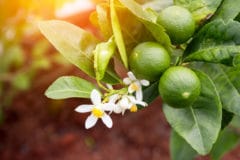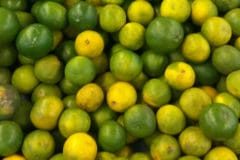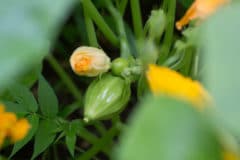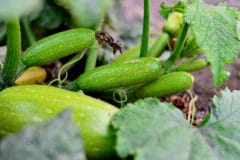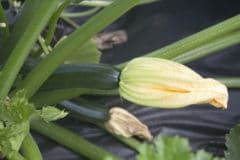About Linden Trees
Stroll along a tree-lined walkway in many a British park in June, and you’re likely to inhale the fragrance of blooming European or littleleaf lindens (Tilia europaea, Tilia cordata). Called limes from the medieval English word for “wood,” they’re suitable for USDA plant hardiness zones 3 through 7.
The U.S. has weeping silver and American lindens (Tilia petiolaris, Tilia americana). Hardy to zones 2 through 8 and 5 through 9 respectively, they’re also known as basswood trees.
Linden Lime Blossom Health Benefits
The lime blossoms used in teas, tinctures and other preparations come from linden trees. They help alleviate several health problems, including:
- Stress-related high blood pressure. A tincture of the blossoms reduces the heart rate and relaxes and widens the coronary blood vessels.
- Cold and flu symptoms. Used as a tea, the blossoms reduce fever. They also contain toxin-fighting antioxidants and relieve coughs and nasal congestion.
- Digestive discomfort. The blossoms’ water-soluble fibers promote healthy elimination and relieve indigestion and nausea.
Expert gardener’s tip: In small doses, linden lime blossoms are completely safe. Taken to excess, however, they may create heart problems. Check with you doctor before using.
Nutrients
Linden lime blossoms’ benefits come mainly from the flavanoids that give them their pale-yellow color. Flavanoids also protect the entire linden tree from harmful bacteria, fungi and bugs.
Citrus Lime Blossom Uses
A twist of Persian lime (Citrus latifolia) has enhanced countless cocktails. Ripe Key lime (Citrus aurantifolia) juice has flavored countless pies. But citrus lime blossoms have their place on the menu too.
Dry them for use in tea, or candy them fresh in sugar syrup for use as dessert garnishes. Blend them with butter or soft cheese for a tangy-sweet citrus flavor.
Harvesting and Drying Lime Blossoms
Both linden and citrus lime blossoms are best when harvested two or three days after rain. For the highest oil content (and flavor), pick completely open, dry blossoms between mid-morning and noon.
Place them in a single layer on paper towels to dry, turning them daily for even air exposure. Store the dried blossoms in an airtight glass jar or sealed paper bag.
Expert gardener’s tip: When harvesting Key Lime blossoms, watch out for the thorns!
